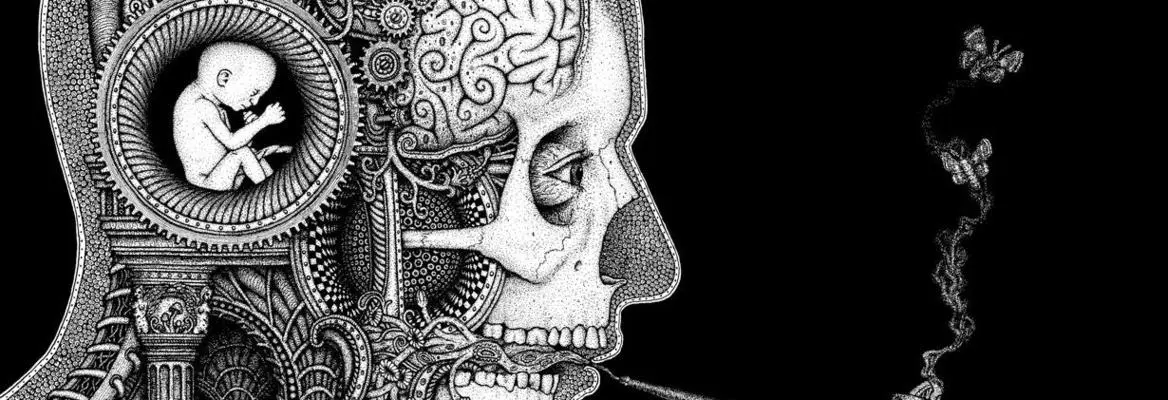The role of the philosopher is often open to question, especially in an age when science can appear to be the dominant form of knowledge. But there remain questions that science can perhaps never answer, and that philosophy – among other disciplines – may be better equipped to address. But rather than see philosophy and science at odds with one another, in certain fields the two are actually inextricably linked.
So argues philosopher Angie Hobbs, the Chair for the Public Understanding of Philosophy at Sheffield University, in this interview with the IAI. Hobbs is also a frequent contributor to the BBC’s In Our Time, Night Waves and The Forum, the author of Plato and the Hero, and is currently working on a new edition of Plato’s Symposium.
Here she draws on Aristotle to discuss the overlaps between science and philosophy and explain how philosophy still has important practical applications in our everyday lives.
Science seems to be the dominant form of knowledge today, but can science do away with philosophical thought?
No, it cannot. If you’re trying to understand things fully, I still think that Aristotle’s model of four types of causation is helpful; namely, looking at material cause, efficient cause, formal cause and final cause. Now, science can say that it's simply interested in material and efficient causes, which is roughly what Lawrence Krauss said in our debate, and what Stephen Hawking has said in books like The Grand Design. But there are a number of problems with that.
Firstly, that’s only looking at half the kinds of causes that could exist; it’s not looking at formal or final causes. I think this is a very limiting conception of what it is to be a scientist. I see no reason why scientists shouldn't be interested in all four of Aristotle's causes. Aristotle was a scientist as well as a philosopher and he was interested in all four kinds of questions – some scientists that I know are interested in them today. But if they’re not, then it’s up to philosophers and theologians and others to examine formal causes – the essence of something, what it is to be x – and final causes – what is x for, what is the purpose of x – and if there is no purpose to x, that itself needs to be known. You need to ask the question even if the answer is going to be that there is no purpose.
So this answer then needs some subtlety. I still think that Aristotle is right, that there are four basic kinds of why questions, four kinds of causation (even if it eventually turns out that not all four are needed to explain every phenomenon). For scientists like Krauss and Hawking, who seem to be really only interested in material and efficient causation, then absolutely, the world needs philosophers and theologians and others to ask the formal and final cause questions of what it is to be something and what is its end – or whether it has an end at all. However, even if scientists say 'we’re only interested in material causes', for instance, that out of which something comes to be, I still think that they can’t do so without being interested in these larger philosophical formal and final cause questions.


















Join the conversation